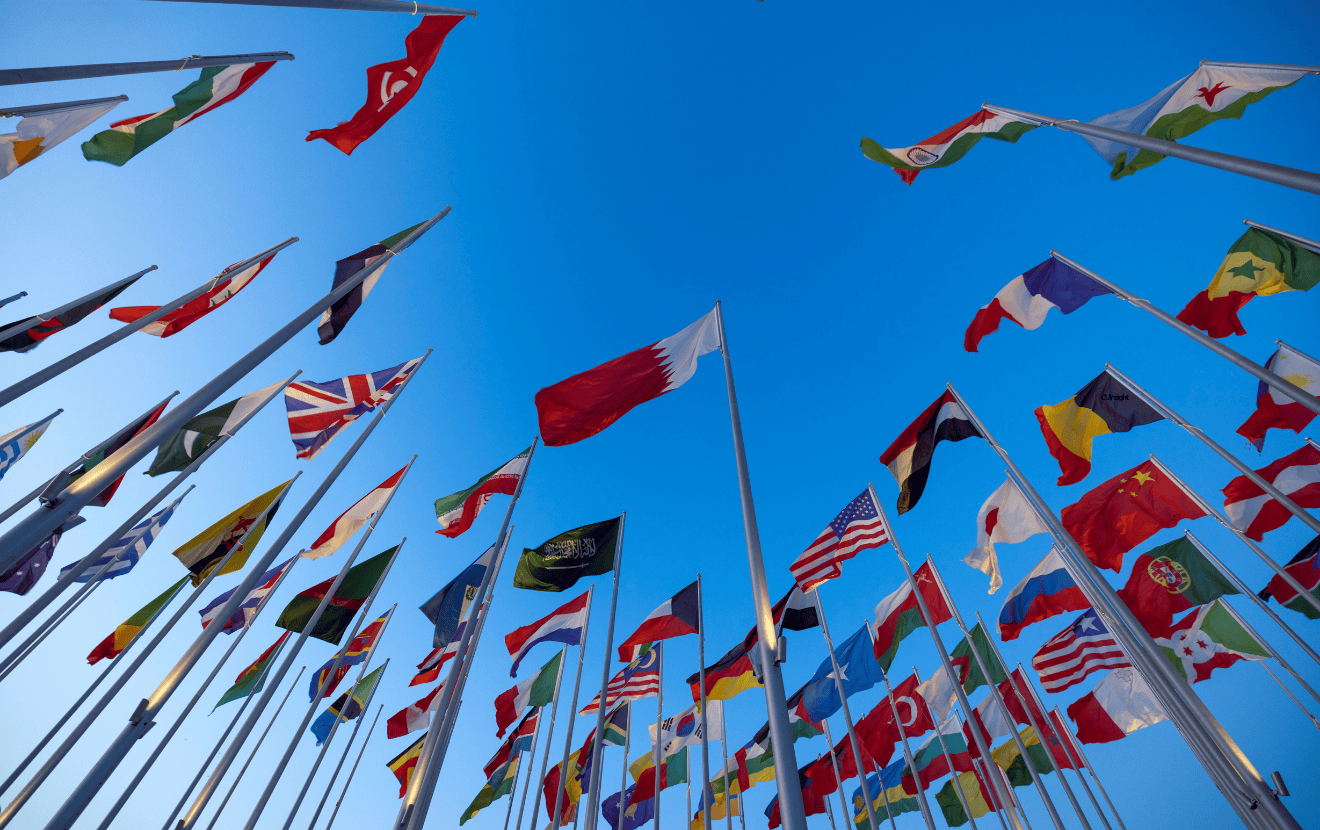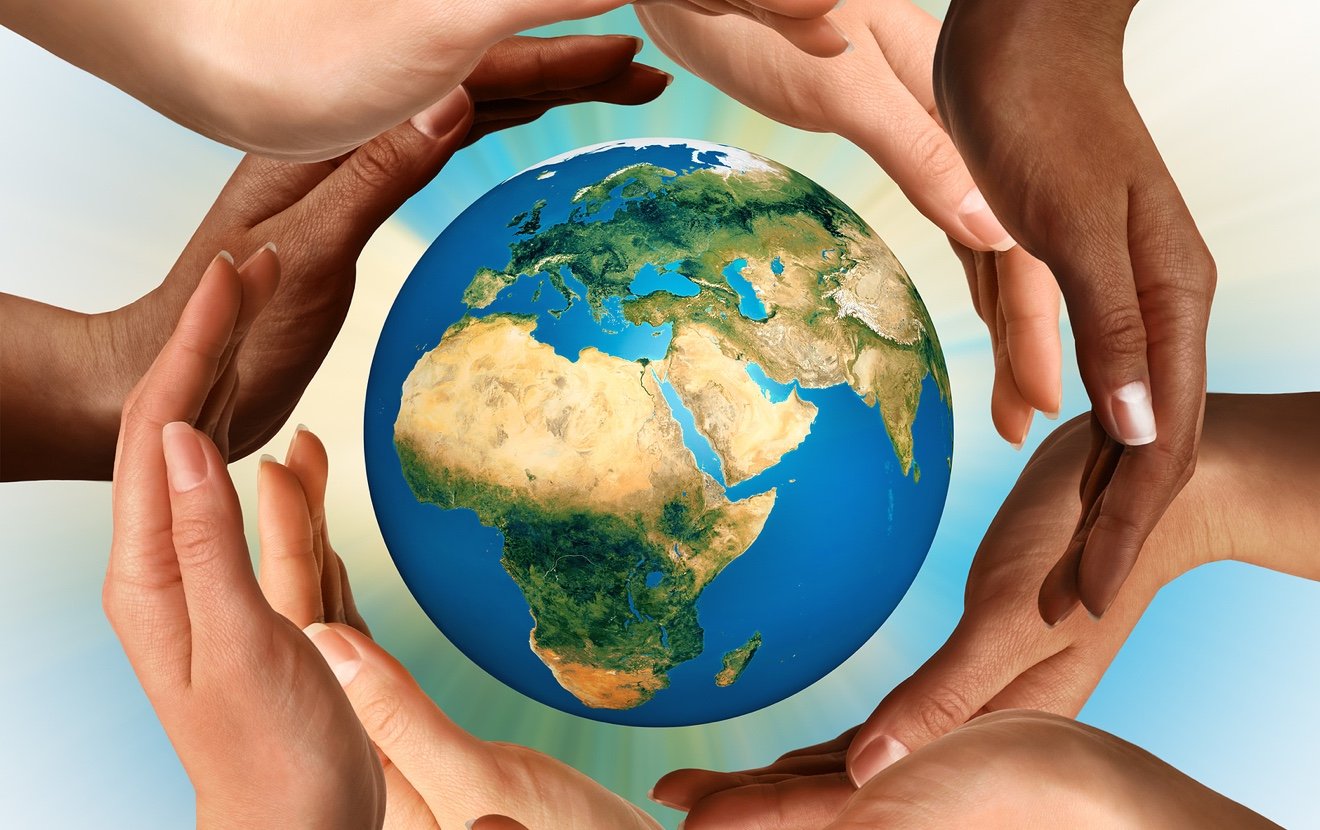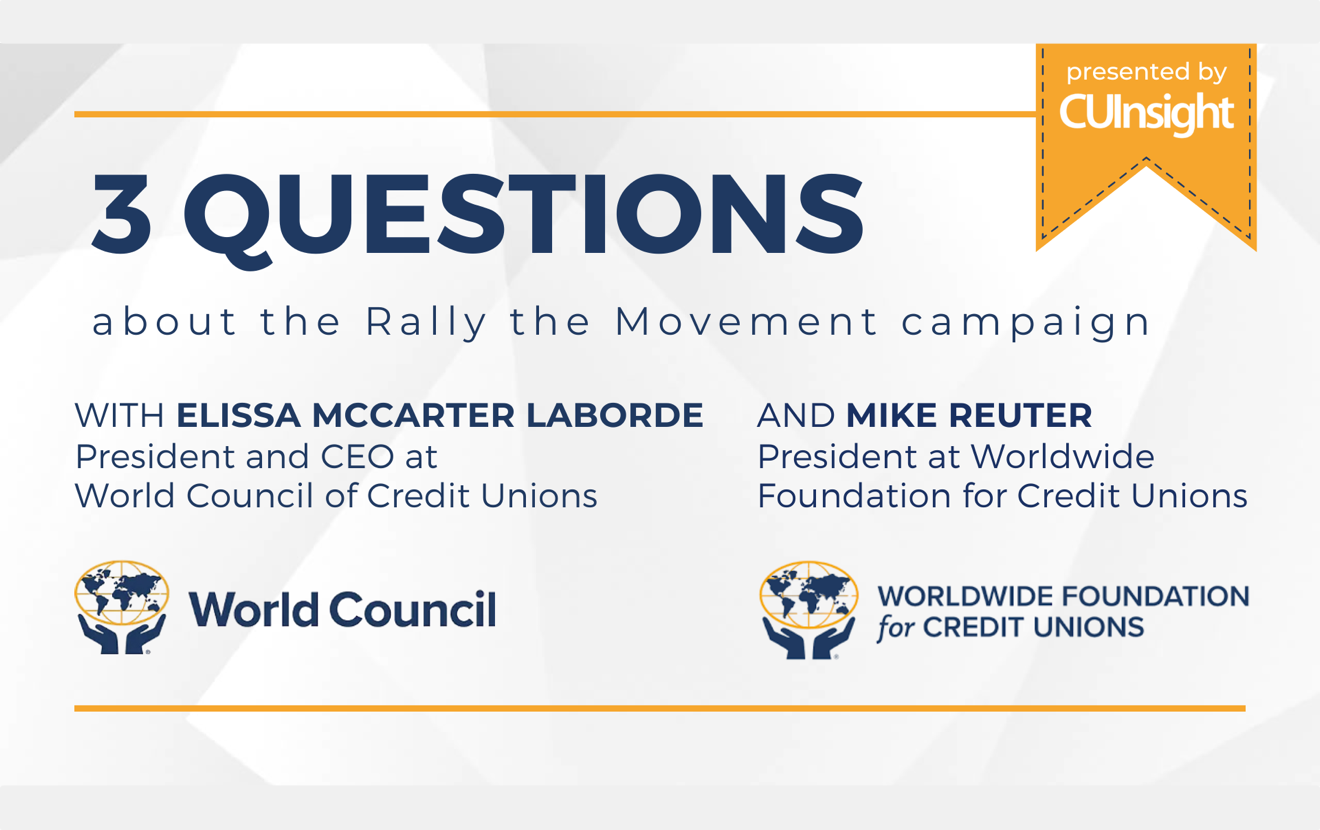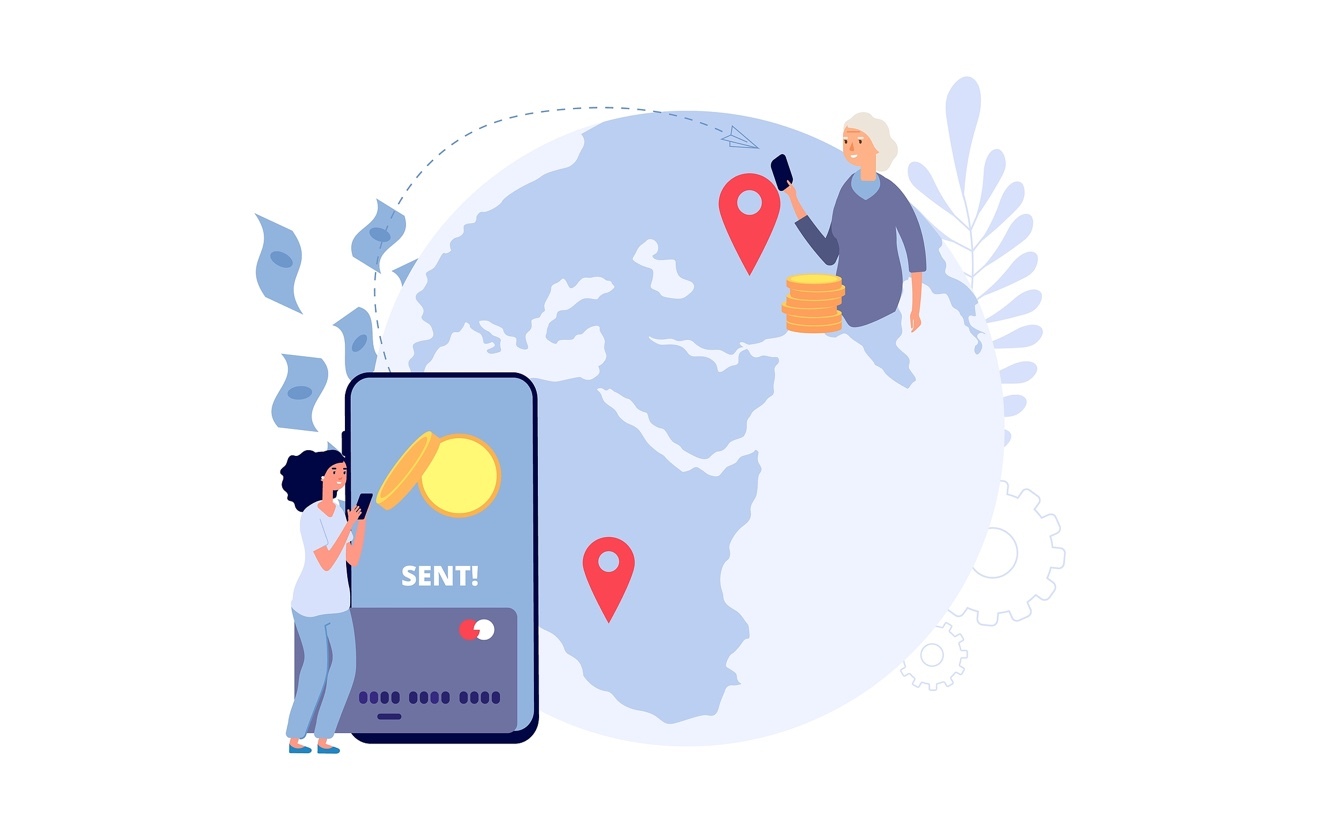International development has long been a cornerstone of America’s soft power and a source of real, measurable impact around the globe. For the World Council of Credit Unions (WOCCU), it has also been a vital force in transforming lives and building resilient communities. And I know this because I’ve seen it firsthand.
In 1985, I arrived in Malawi as a Peace Corps training director—full of hope, armed with experience and ready to serve. Two years later, I joined WOCCU’s international development team and began working with the Malawi Union of Savings and Credit Cooperatives (MUSCCO). Our mission was clear: strengthen local credit unions to make financial services accessible, secure and sustainable. That meant strategic planning, training in financial analysis, audit services, risk management, insurance systems and, yes, the early stages of computerization.
Since then, I’ve had the privilege of supporting WOCCU development work in countries as diverse as Lesotho, Kenya, Dominica, Belarus and Estonia. Each experience confirmed what I already believed: credit unions are uniquely powerful engines of grassroots economic development.
That power is amplified when backed by smart, targeted international development funding, especially through the U.S. government. With that assistance, WOCCU has implemented over 300 technical assistance programs in more than 90 countries. We've introduced tools and technologies that not only strengthen financial performance but also expand access to underserved communities.
U.S. government support allowed us to do more than deliver services—it helped us catalyze change. Through this partnership, we leveraged millions in private capital to help families grow their incomes, create jobs, stabilize communities and foster economic self-reliance. Our model doesn’t foster dependence. It fuels independence. These credit unions mobilize local savings and make people’s money work for them—not for donors, not for governments, but for the people themselves.
That’s why international development is not charity. It’s strategy. By helping families in vulnerable regions gain access to affordable, reliable financial services, we reduce economic desperation, the kind that breeds instability, crime and forced migration. In doing so, we protect American interests and enhance global stability—making the United States safer.
Moreover, when we help emerging economies grow through sustainable financial inclusion, we create new opportunities for trade, investment and cooperation. That helps U.S. businesses compete, fuels global markets for American goods and services and contributes to a stronger, more prosperous U.S. economy. In short, international development delivers returns—both moral and material—for the American people.
But today, that work is at risk. A sudden and sweeping cut to nearly all U.S. government assistance has thrown organizations like ours into legal and financial limbo. And it threatens to unravel years of progress in communities that rely on the lifeline of local credit unions.
At WOCCU, we believe in results-based development. We believe in programs that deliver long-term benefits for developing nations and for the United States. And we believe that now, more than ever, the world needs the steady hand of trusted, proven partnerships that promote economic empowerment and financial inclusion.
International development has made a world of difference—for credit unions, for the communities they serve, and for global stability. It has also helped make the United States safer, stronger and more prosperous. It’s a legacy worth protecting. And it must continue.






